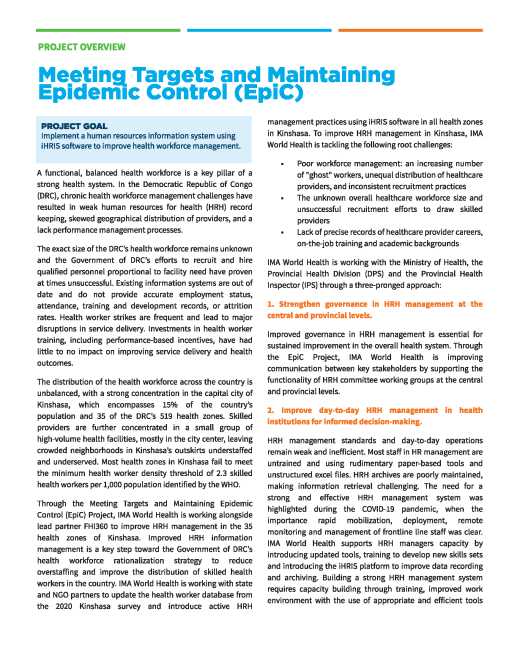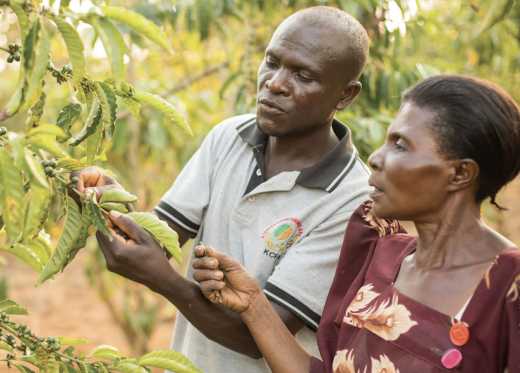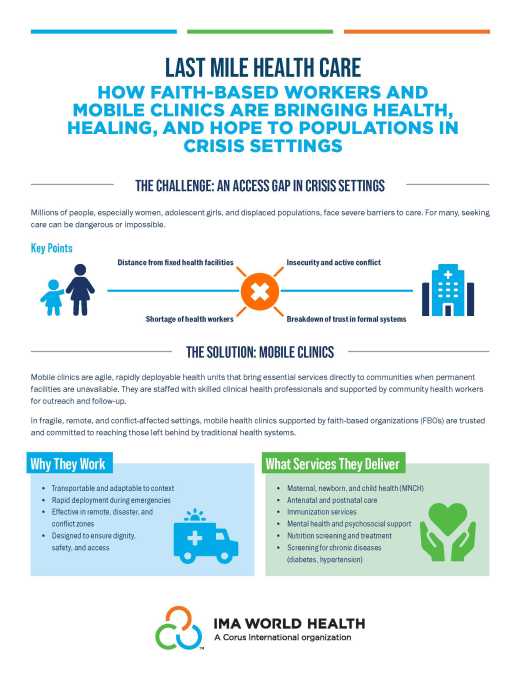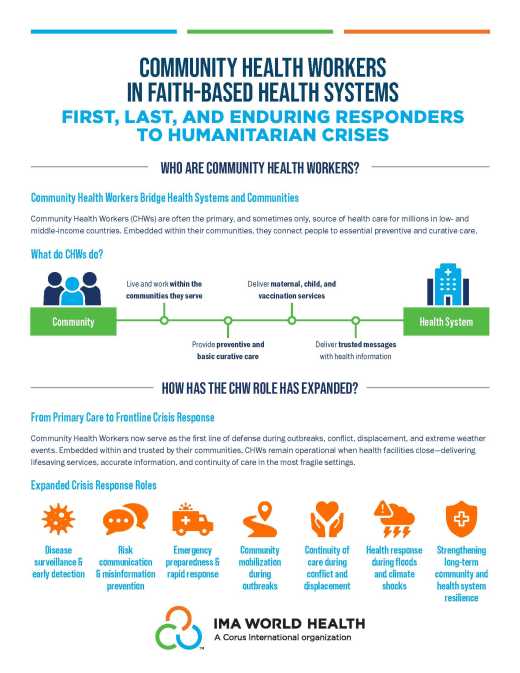Meeting Targets and Maintaining Epidemic Control (EpiC) Project Overview
Project Overviews
Meeting Targets and Maintaining Epidemic Control (EpiC) Project Overview
A functional, balanced health workforce is a key pillar of a strong health system. In the Democratic Republic of Congo (DRC), chronic health workforce management challenges have resulted in weak human resources for health (HRH) record keeping, skewed geographical distribution of providers, and a lack performance management processes.
The exact size of the DRC’s health workforce remains unknown and the Government of DRC’s efforts to recruit and hire qualified personnel proportional to facility need have proven at times unsuccessful. Existing information systems are out of date and do not provide accurate employment status, attendance, training and development records, or attrition rates. Health worker strikes are frequent and lead to major disruptions in service delivery. Investments in health worker training, including performance-based incentives, have had little to no impact on improving service delivery and health outcomes.
The distribution of the health workforce across the country is unbalanced, with a strong concentration in the capital city of Kinshasa, which encompasses 15% of the country’s population and 35 of the DRC’s 519 health zones. Skilled providers are further concentrated in a small group of high-volume health facilities, mostly in the city center, leaving crowded neighborhoods in Kinshasa’s outskirts understaffed and underserved. Most health zones in Kinshasa fail to meet the minimum health worker density threshold of 2.3 skilled health workers per 1,000 population identified by the WHO.
Through the Meeting Targets and Maintaining Epidemic Control (EpiC) Project, IMA World Health is working alongside lead partner FHI360 to improve HRH management in the 35 health zones of Kinshasa. Improved HRH information management is a key step toward the Government of DRC’s health workforce rationalization strategy to reduce overstaffing and improve the distribution of skilled health workers in the country. IMA World Health is working with state and NGO partners to update the health worker database from the 2020 Kinshasa survey and introduce active HRH management practices using iHRIS software in all health zones in Kinshasa. To improve HRH management in Kinshasa, IMA World Health is tackling the following root challenges:
- Poor workforce management: an increasing number of "ghost" workers, unequal distribution of healthcare providers, and inconsistent recruitment practices
- The unknown overall healthcare workforce size and unsuccessful recruitment efforts to draw skilled providers
- Lack of precise records of healthcare provider careers, on-the-job training and academic backgrounds









